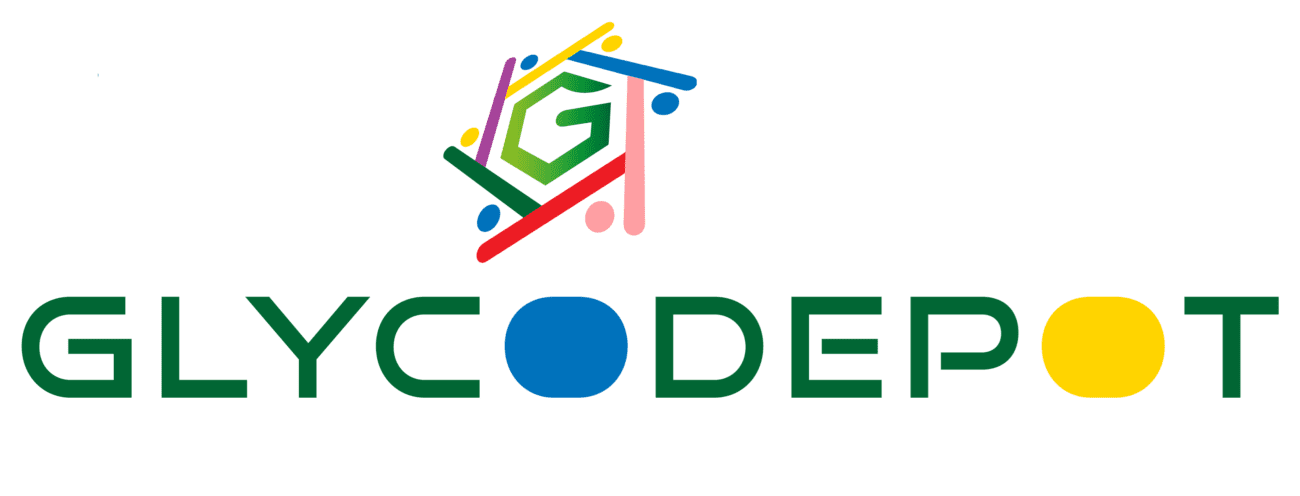Ethyl 4,6-O-benzylidene-β-D-thioglucopyranoside is a synthetic thioglycoside derivative of the β-D-galactopyranose ring in which the hydroxyl groups on positions 4 and 6 are protected by a benzylidene acetal, and the anomeric hydroxyl group is replaced by a thiol linked to an ethyl group. This white crystalline solid is known for its chemical stability and reactivity as a glycosyl donor in carbohydrate chemistry. Its protective benzylidene group offers regioselective shielding, while the thioglycosidic linkage enhances resistance to hydrolysis compared to conventional O-glycosides, making it valuable for stereoselective glycosylation reactions in the synthesis of complex oligosaccharides and glycoconjugates. The compound has a molecular formula of C19H24OS and a molecular weight of approximately 308.45 g/mol. Synthesized through benzylidene formation followed by ethyl thioglycosylation under strictly controlled conditions, it achieves high purity (>95%) and is free from significant microbial contamination. Analytical verification involves NMR, mass spectrometry, and chromatography. Storage in sealed containers at 2–8 °C, protected from moisture and light, ensures a shelf life of 1–2 years. Applications span medicinal chemistry, drug development, glycomimetic research, and as molecular probes in glycobiology.
IUPAC Name
- Ethyl 4,6-O-benzylidene-1-thio-β-D-galactopyranoside
Appearance
Source
- Prepared by benzylidene acetal formation between hydroxyls at C4 and C6 of ethyl β-D-thioglucopyranoside
- Synthesized and purified under inert and anhydrous conditions to maintain chemical integrity
Molecular Weight and Structure
- Molecular Formula: C19H24OS
- Molecular Weight: 308.45 g/mol
- β-D-galactopyranose ring with benzylidene acetal protective group over O4 and O6, sulfur replacing anomeric oxygen bound to an ethyl group
- Enhanced lipophilicity and steric bulk from benzylidene protecting group
Sugar Specificity
- β-D-thiogalactoside, maintaining stereospecific sugar conformation
- Supports selective glycosylation with regio- and stereochemical precision
Biological Activity
- Functions as a synthetic intermediate; not inherently bioactive
- Critical for constructing stable bioactive glycoconjugates and enzyme inhibitors
Purity and Microbial Contamination
- Purity generally >95% verified by NMR, MS, and chromatographic assays
- Synthetic preparation prevents microbial contamination
Identity and Quality Control
- Confirmed with 1H and 13C NMR, mass spectrometry, and HPLC purity profiling
- Certificates of Analysis and SDS provide comprehensive QC information
Shelf Life and Storage
- Store in sealed containers, refrigerated at 2–8 °C
- Protect from moisture and light exposure
- Stable shelf life of 1–2 years
Application
- Glycosyl donor for stereoselective synthesis of thiogalactosides and related glycoconjugates
- Valuable in design of glycomimetics, molecular probes, and pharmaceutical agents
- Employed in enzymatic and mechanistic studies of carbohydrate-processing enzymes
Key Characteristics
- Ethyl-substituted β-D-thioglucopyranoside with 4,6-O-benzylidene protection
- Molecular weight: 308.45 g/mol
- White crystalline solid with high purity and chemical stability
- Exhibits resistance to hydrolysis and suitable for controlled glycosylation
- Proven quality assurance with full analytical documentation
- Stable when stored appropriately for extended duration
- Widely used in glycochemistry and drug development research
Citations
- Cymit Química chemical data
- PubChem molecular data
- Sigma-Aldrich glycosyl donor catalog
- MedChemExpress glycosylation reagents
- PMC literature on thioglycosides
- ChemSpider molecular information
- Synthose carbohydrate intermediates
- Patent literature
- Thermo Fisher glycosylation reagents
- ScienceDirect glycochemistry articles

Reviews
There are no reviews yet.